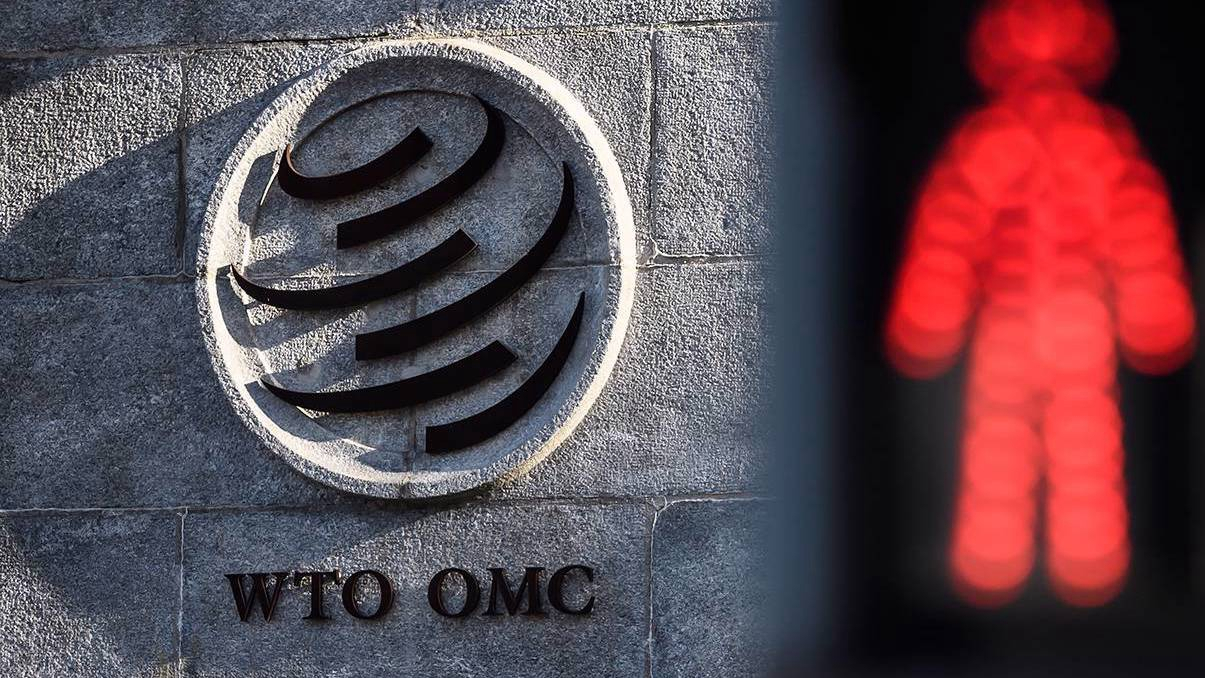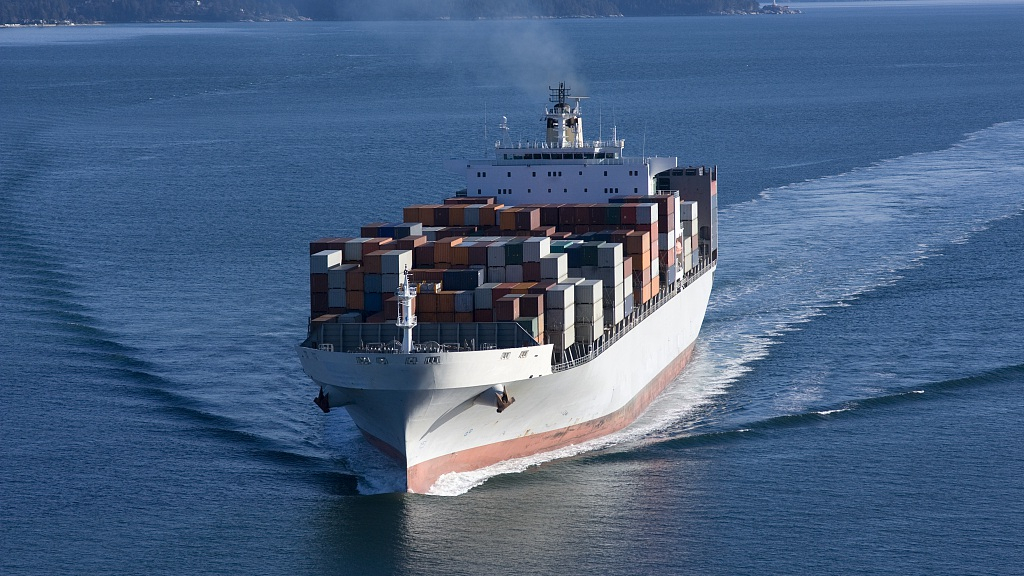
Editor's note: CGTN's First Voice provides instant commentary on breaking stories. The daily column clarifies emerging issues and better defines the news agenda, offering a Chinese perspective on the latest global events.
U.S. President Donald Trump has never made an effort to hide his frustration with the World Trade Organization (WTO). On numerous occasions, he has complained about how the current WTO rules are "unfair" to the U.S. In addition to putting the WTO's Appellate Body in crisis, the U.S. is now aiming at the Generalized System of Preferences (GSP).
On Monday, the Trump administration removed 25 countries, including China, India, Singapore and South Korea, from its exemption list, making it easier for the U.S. to launch an investigation into whether these countries are unfairly subsidizing exports.
Under the current WTO rules, if a country declares itself as a "developing country," they are eligible to get preferential trade treatment from other developed countries. In this case, the U.S. is lowering the threshold for developing countries on whether their subsidy can be exempted or deserve further inspection.
"The U.S. aims to give a further push to WTO reforms. It is like dropping a bomb to reshuffle the current WTO structure and build a 'developing countries' camp according to its own criteria," said Cheng Dawei, a professor at the School of Economics, Renmin University of China.
These standards made by the U.S. include Organisation for Economic Co-operation and Development (OCED) and G20 membership, listed as a high economy by the World Bank or with a 0.5 percent or more share of world trade.
The preferential treatment arrangements designed by the WTO are meant to protect local industries of developing or poor countries, thus helping them to be incorporated in the world trade system. In a world where countries have different growing levels, it is designed to promote fairness in world trade. But during over the years, this arrangement has come under increasing criticism.

The WTO does not have a legal definition of what constitutes a developing country, but other members can challenge a self-declared developing country' status. In the meantime, preference-giving countries can unilaterally determine how they will arrange their preferential treatment and to which country they will grant the remedies.
And that creates a problem: A preference-giving country can use this as leverage in other non-trade negotiations for their own benefit. Cheng recalled that Brazil forwent its developing country status last year to seek Trump's support over its OCED membership.
"Developing countries have to pay more cost to get substantial preferential treatment from developed countries," Cheng said. They are under strict scrutinization by countries like the U.S., often in terms of environment and human rights issues.
This maneuver and developed countries' repeated complaints have painted a picture of a system in dire need of reform. On this page, every member is the same. It is not just about the Generalized System of Preferences, but an organization that continually struggles to keep up with new trends in the world trade system. But divergence remains on the "how" question.
The U.S. has clearly chosen the path of unilateralism for its own benefit. It is also ironic, as Cheng points out, that despite America's constant attack on China's developing country status, it has never granted any preferential treatment in terms of countervailing duties. That tells us a lot about the direction the U.S. is pushing WTO reforms.
So far, the pace of WTO reform is far from satisfying. If anything, the "bomb" dropped by the U.S. should also be seen as a warning for different countries to make more efforts on this issue. But America's clear stance on the carrot and stick strategy is a clear disregard for developing countries, which account for two-thirds of the WTO members.
China's WTO ambassador Zhang Xiangchen said it all in his statement at the General Council Meeting.
"The current serious crisis for the multilateral trading system is by no means caused by special and differential treatment. Rather, it is a matter of whether the WTO's basic principles and core values shall be strengthened, or at least upheld," Zhang said.
Scriptwriter: Zhao Yuanzhen
(If you want to contribute and have specific expertise, please contact us at opinions@cgtn.com.)